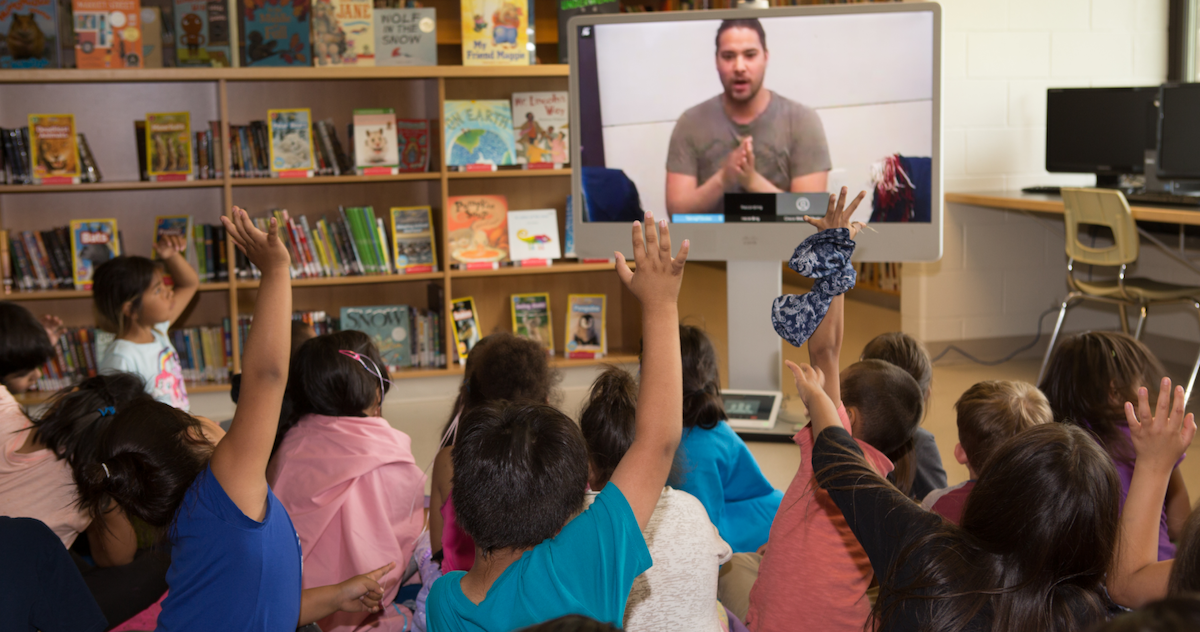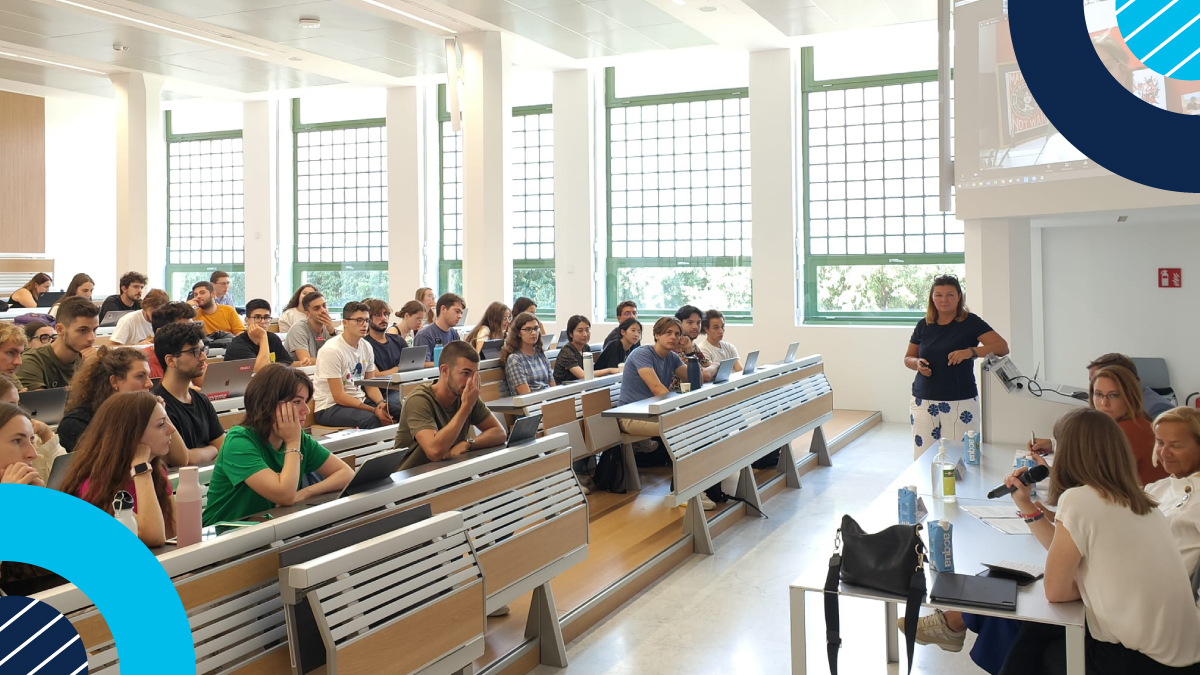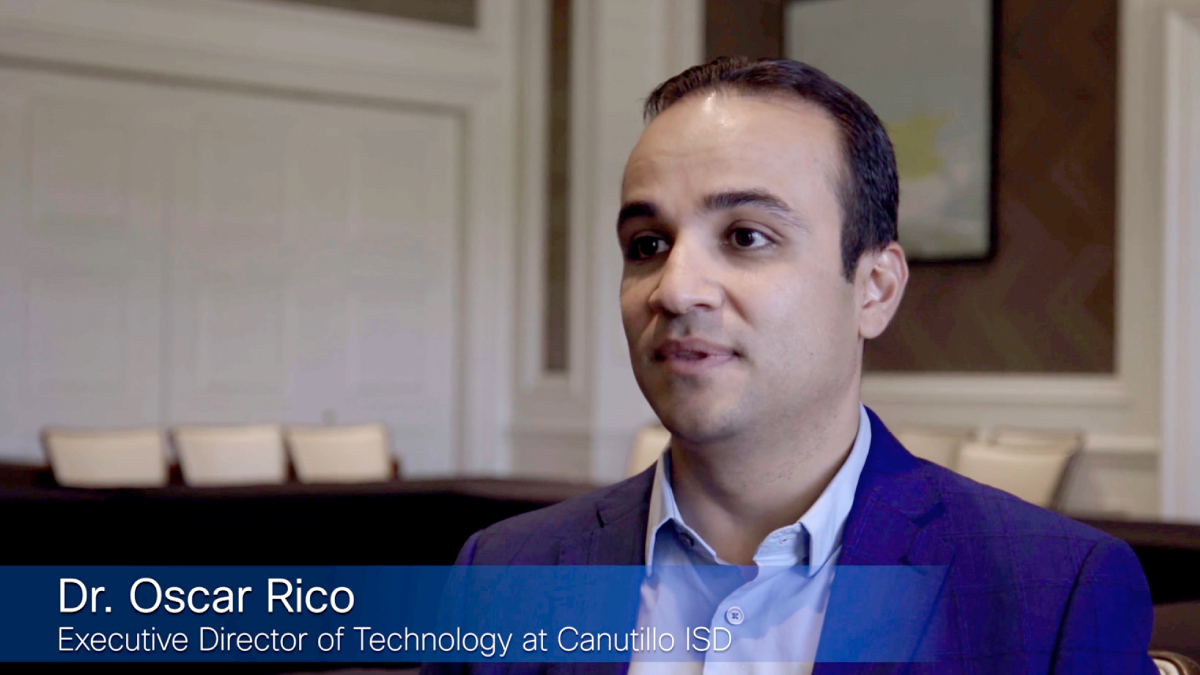AGUASCALIENTES, PUEBLA and VERACRUZ, Mexico, March 24, 2010 - Cisco announced today the launch of two pilot programs in 40 Mexican schools, with the aim of improving students' educational access, graduation rates and achievement levels; strengthening teaching standards and accountability; and helping to raise Mexico's education standards. Cisco is working with the Mexican federal government and the state governments of Aguascalientes, Puebla and Veracruz, along with a coalition of other companies and nongovernmental organizations, to establish the programs. The working group also hopes to create a replicable model for teaching 21st-century skills such as creative thinking, problem solving and collaboration.
With support from the Subsecretaria de Educación Basica (SEB), the school program has been piloted at 20 elementary schools: 10 in the state of Aguascalientes and 10 in the state of Puebla. The program is available for all students in these 20 schools.
The middle school pilot program, supported by the Veracruz Subsecretaria de Educación Media Superior (SEMS), will be operating at 20 high schools and technical schools in the state of Veracruz. The pilot is being deployed and will be ready at the end of April in these 20 schools.
Each pilot school will be equipped with Cisco® networking technologies and UNETE media classrooms, and interns from Digital Opportunity Trust are helping teachers incorporate technology into instruction at all 40 schools.
In April 2009, a memorandum of understanding was signed by John Chambers, chairman and chief executive officer of Cisco, and Education Minister Alonso Lujambio, in the presence of President Felipe Calderón. It outlined the company's commitment to help improve the competitiveness of the Mexican economy, deepen the country's technical talent pool, and promote digital inclusion in schools and communities.
As part of this collaboration, Cisco and the Secretaria de Educación Publica (SEP) set a goal of improving learning outcomes, with a focus on teacher quality and accountability, and the development of students' 21st-century skills in secondary schools and vocational training programs.
Facts/Highlights
- Cisco technology solutions in use in the pilot programs include Cisco WebExÔ for online collaboration; Cisco Unified Communications for highly secure integrated video, voice and data communications; Cisco high-definition video surveillance for physical security; Flip VideoÔ for easy video recording, editing and uploading to the Web; and the Cisco Digital Media Suite for sharing, storing and broadcasting video.
- These networking technologies help enable distance learning, content sharing, collaborative learning and personalized anytime, anywhere learning. They also help schools automate administrative tasks, streamline professional development, and facilitate the online evaluation of students.
- Former students of the Cisco Networking AcademyÒ program have supported the technical development of Digital Opportunity Trust (DOT) interns and are helping to install the technology at participating schools.
- Cisco is also contributing its expertise in education system transformation and change management, developed through long-term engagements with schools in the United States, China, Jordan and Australia.
- An extensive on-site and online professional development program supports the integration of technology into teaching and learning at all Mexico pilot schools.
- In addition, online experts are enriching the curriculum for all students and providing instruction in subject areas where no teachers are available. Students are connecting and interacting with peers in other schools, and video technologies are supporting innovative instructional approaches in literacy, math and 21st-century skills.
- UNETE is providing a lab and a media classroom in every pilot school, as well as supplemental teacher training and network connectivity in some locations.
- Digital Opportunity Trust is providing a TeachUp! fellow at each pilot school to help teachers transition to 21st-century education practices, build their own Web sites, use Web 2.0 communication tools such as blogging, and integrate technology into instruction to help improve student engagement and learning outcomes. The DOT TeachUp! program in Mexico is supported by Cisco, SEP, UNETE and Fundación Televisa.
- Promethean, a world leader in the rapidly growing global market for interactive learning technology, is providing an interactive whiteboard (ActivBoard) and specialized teaching software (ActivInspire) for each pilot school and for each central teacher training facility, as well as teacher training and Spanish-language content for schools at all levels.
- The Organisation for Economic Co-operation and Development (OECD) is providing a virtual Education Center of Excellence. The center is coordinating the development of a new agenda, based on blended learning solutions, world-class content, and scalable and replicable educational services, to address capacity and quality issues in secondary schools in Mexico.
Supporting Quotes:
- Oscar Ponce Hernández, general director, Education Institute of Aguascalientes:
- Miriam Guardado, coordinator of distance education for the state of Puebla:
- Rogelio Velasco, director, Cisco Mexico:
- Michael Stevenson, vice president, Global Education for Cisco:
- Janet Longmore, president and CEO Digital Opportunity Trust:
"We are grateful to Cisco, DOT and the Secretaria de Educacion Publica, because with this pilot project, 10 schools in the state of Aguascalientes have the technology and tools that allow teachers and students to collaborate and to teach and learn beyond the classroom. Teachers will have the opportunity to strengthen their role and renew their commitment to train our students as global citizens and develop our students' skills and competencies for the 21st century."
"This pilot project is an effort to further improve educational processes with technology, demonstrating that we can help make a better life for our kids and, most importantly, help them face a globalized world."
"The education pilot program is part of Cisco's long-term commitment to Mexico. The Mexico educational system still faces considerable challenges in delivering high-quality education to all students. Cisco is pleased to work together with the federal and local governments in Mexico to implement these pilot programs to help improve the education experience. Technology, specifically the network, is the key element to help improve education in Mexico."
"We believe these education 3.0 pilot programs establish a model of systemic transformation, supported by a shared vision, professional development resources, and a collaborative, networked technology infrastructure. Our goal is to help empower learners acquire the skills necessary to thrive in the 21st century, supported by collaborative information and communication technologies."
"This innovative program is part of DOT's long-term commitment to Mexico. I have been very impressed by the talent and energy of the young adults who have joined DOT Mexico and who are daily working with teachers to ensure that these 21st-century learning technologies are effective in improving educational outcomes."
Supporting Resources:
- Cisco vision on transforming education
www.transformglobaleducation.org. - Read the white paper, "Equipping Every Learner for the 21st Century"
http://www.cisco.com/web/about/citizenship/socio-economic/docs/GlobalEdWP.pdf - For more information about developing and fostering a global community focused on education transformation through virtual collaboration and international dialogue, visit
www.getideas.org






